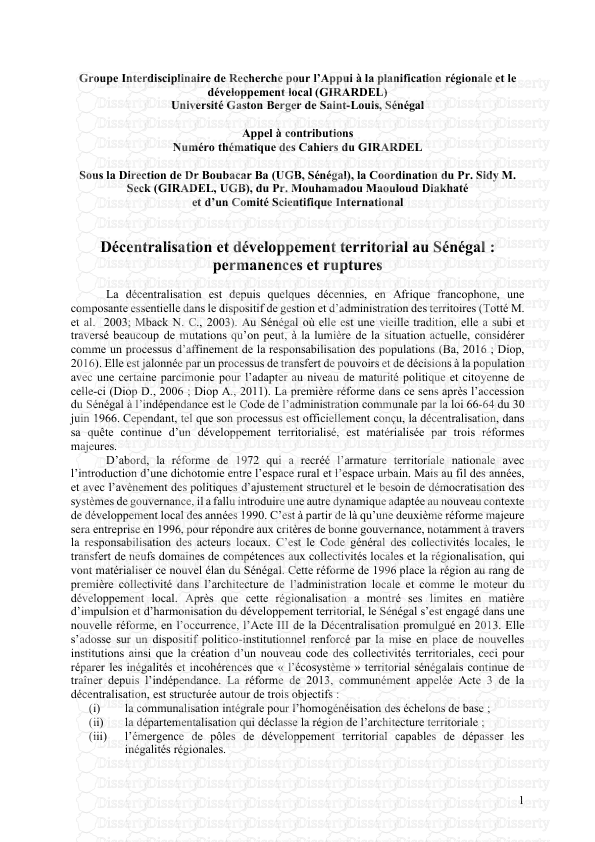A practical guide to adr advice services alliance
A Practical Guide to ADR A Practical Guide to ADR A Practical Guide to Alternative Dispute Resolution Advice Services Alliance A Practical Guide to ADR A Practical Guide to ADR Contents Why read this guide What is ADR Reasons for using ADR Reasons for not using ADR The cost of ADR ADR in different problems Benefits Consumer affairs Education SEN Mediation The Local Government Ombudsman Employment Family Health and social care Mediation Ombudsmen Housing Money ADR - an alternative to litigation Legal Aid Pre-action protocols Civil procedure rules Court cases Where to get more information A Practical Guide to ADR A Practical Guide to ADR Why read this guide Advisers need to know about Alternative Dispute Resolution ADR for two main reasons because in many disputes ADR offers a flexible accessible cheap way to resolve a problem see section because access to Legal Aid access to the courts or costs for their clients could be at risk see section ADR has been promoted by the government in recent years as the best way to resolve many disputes Advisers need to be able to help clients make an informed decision about responding to this promotion Many different ADR processes have developed in the UK over the last years but it is not easy to get information about what ADR options are available for different types of legal problem or how to contact providers This guide aims to bring together key information in a short booklet In the Advice Services Alliance ASA launched an independent ADR website www ADRnow org uk This booklet is a digest of more detailed information available on that site What is ADR Alternative Dispute Resolution ADR is a term used to describe a range of options designed to provide a way of resolving a dispute as an alternative to courts or tribunals The most common and widely used forms of ADR are arbitration mediation and ombudsmen schemes Arbitrationinvolves an independent arbitrator chosen with the agreement of both parties The arbitrator considers both sides in a dispute and makes a decision to resolve it In most cases the arbitrator ? s decision is legally binding on both sides so it is not possible to go to court afterwards Arbitration usually takes place on paper - there is rarely a face-to-face hearing Mediationinvolves an independent mediator helping disputing parties to reach a voluntary mutually agreed resolution Both parties have to agree to take part in mediation - it is never compulsory The parties not the mediator decide the terms of the agreement Mediation usually takes place at a face-to-face meeting The three most common types of mediation available in the UK are community mediation for example in neighbour disputes family mediation mediation in civil or commercial disputes A Practical Guide to ADR A Practical Guide to ADR Public sector ombudsmencan usually only investigate claims of maladministration causing injustice The definition of maladministration is reasonably wide and can include delay incorrect action or failure to take any action failure to
Documents similaires










-
51
-
0
-
0
Licence et utilisation
Gratuit pour un usage personnel Aucune attribution requise- Détails
- Publié le Mar 31, 2021
- Catégorie Administration
- Langue French
- Taille du fichier 93.3kB


